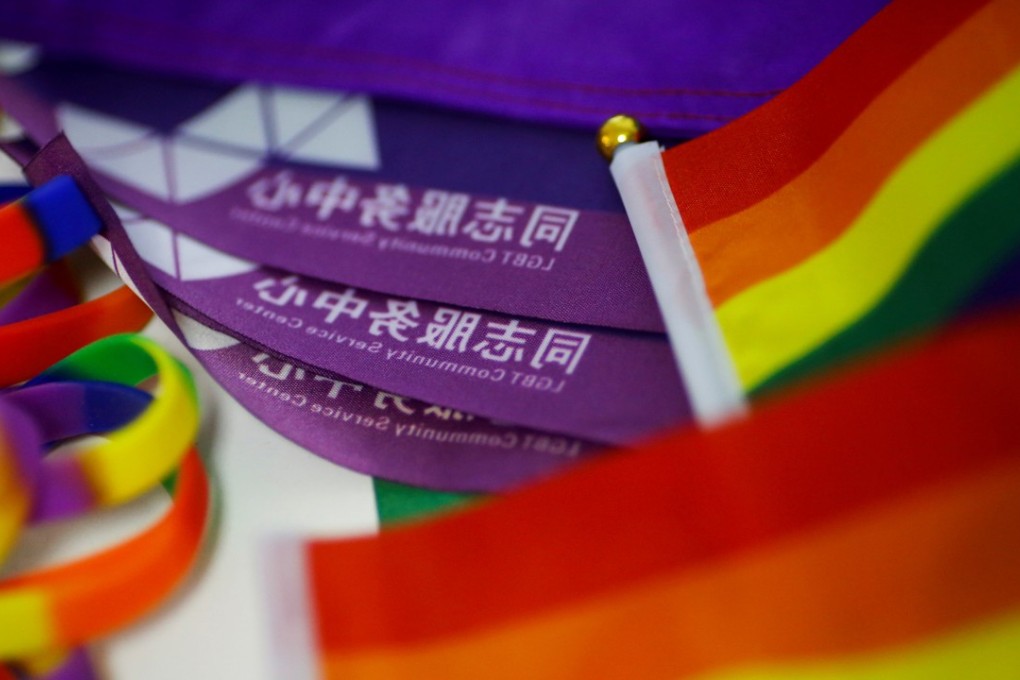Gay sex in China: where communist puritanism meets colonial baggage
Centuries-old tales showing an acceptance of same-sex romance abound in Chinese culture, but even ultra modern Hong Kong lags behind in embracing the LGBTI community

Like India, where the recent decriminalisation of gay sex is a return to deep historical roots, China has a long tradition of acceptance – at times even celebration – of same-sex love. But it is a tradition that has faded from prominence of late, with some very recent exceptions. One of the most famous Chinese examples of tolerance for homosexual love can be found in the story of the relationship Emperor Ai (27 – 1BC) of the Han dynasty had with a court official by the name of Dong Xian. As the tale – told many times and in many fashions over the millennia – goes, the emperor was spending a quiet afternoon with his lover, who had fallen asleep on his imperial robes, when an official stopped by to remind him it was time for a cabinet meeting.
Instead of rousing his sleeping boyfriend, the emperor cut off his flowing sleeve, and went to meet his ministers sporting an obviously diminished robe. The “Passion of the Cut Sleeve” or just “Cut Sleeve” – duanxiu in Mandarin – became a cultured euphemism for gay love, with Qing dynasty writer Pu Songling penning a famous short story by that title in his classic compilation Strange Tales from a Chinese Studio in 1740.
There’s another common Chinese euphemism called “the bitten peach”, once again hailing from a tale of passion in the upper echelons of society. This time it’s the turn of Duke Ling of Wei (534 – 492BC), who was smitten by his courtier Mizi Xia, a man of legendary beauty who somehow made the Duke wild with desire after sharing a particularly delicious peach.

Even Emperor Qianlong (1711-1799) of the Qing dynasty, who ruled for most of the 18th century and had a profound influence on Chinese arts and society, is rumoured to have indulged in a level of sexual fluidity as he became besotted with Heshen, a member of his imperial honour guard. Like other famous male lovers, though, once his protector passed away Heshen was swiftly punished for his unorthodox rise to power, and forced to commit suicide.
The most famous of these stories are all tales of gay affection, an indicator of how lesbian love in China – much as it has been around the world – was less publicly celebrated. Less well-known stories, depicted in erotic paintings or in carved figurines, can be found throughout Chinese history, all with the understanding that homosexual love didn’t matter too much as long as the main Confucian duty of producing offspring was observed. Same-sex love was also largely tolerated as long as it came in the form of an extramarital affair and didn’t turn into a blinding passion, or a more established union that could threaten patriarchal institutions.